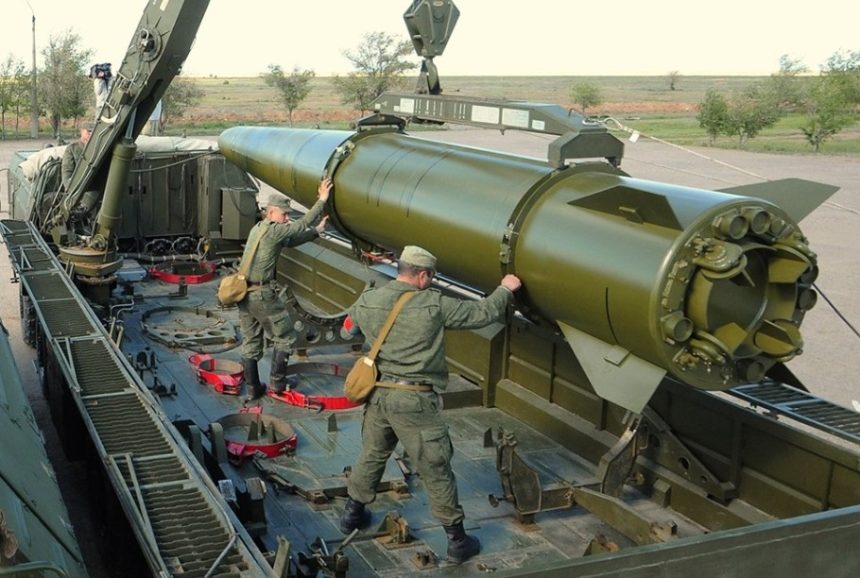Russian Strikes Ignite Blazes and Leave Civilians Injured in Druzhkivka, Donetsk Region
Violent Russian strikes overnight have left the corridor of Druzhkivka in ruins, injuring several residents and heightening fears of continued escalation in the denuclearized Donetsk region.
The assaults, which took place between 17 and 18 October, tore through the megacity, sparking fires in both domestic and artificial zones.
One blaze gulfed a multi-story apartment structure, transferring awards of the bank over the skyline. Exigency crews battled through the night to contain the conflagration.
Another fire erupted within the grounds of an original installation, officers verified. It was fleetly extinguished, though reports suggest the structure sustained significant damage.
Authorities reported three people were injured in Druzhkivka, including two women who were hospitalized for critical treatment.
Meanwhile, in Privillia, another city within the Donetsk region, three further residents were wounded in separate strikes. The injuries have placed fresh strain on formerly overwhelmed medical brigades operating in conflict zones.
Regional exigency services stated that four fires in total were recorded across Donetsk on 17 October, all caused by continued shelling.
The frequency of these attacks underscores the peril faced by civilians amid Russia’s renewed descent in eastern Ukraine.
Original officers condemned the renewed aggression, describing it as yet another blow to communities formerly destroyed by months of war.
“The situation remains extremely tense,” one emergency worker shared. “Each night brings new destruction, and residents are exhausted but determined to survive.”
These Russian strikes form part of an ongoing crusade targeting critical structures and populated areas in Ukraine’s eastern front.
The Donetsk region, long at the heart of the conflict, continues to endure grim hail, leaving homes destroyed and families displaced.
For many in Druzhkivka, life has become a battle between abidance and despair. Power outages, broken water lines, and the constant echo of explosions have turned diurnal survival into a test of adaptability.






